Code
HCS33282
Weight
100 gm / 0.22 lbs
Size
Height
4cm (2") Width
7cm (3") Depth
3cm (1") Material
Clay and Magnet
Availability
Available

Safe Payment
We accept Paypal, Money Transfer, Bank Transfer
Confidence
Protection covers your purchase and personal data.
Worldwide Delivery
We ship Worldwide, except Russia.Shipping cost US$25.2 for upto 0.5 kgs

Hotline
Talk to help line for your question on 9841267335Not Handmade : About the product
This [bouddhanath Stupa], Fridge Magnets 3d Embossed has been carefully curated to meet local decorative needs in Buddhist homes, and as cherished gifts or decorative accessories for cars and offices. These items, while not handmade, are thoughtfully imported from various countries to ensure quality and aesthetic appeal. They are often crafted from metals and other materials, chosen for their durability and visual charm. Despite their origins, these products serve as meaningful Buddhist ritual items, catering to a growing demand among enthusiasts. We are pleased to include them in our catalog to enhance your spiritual and decorative spaces.
This [bouddhanath Stupa], Fridge Magnets 3d Embossed has been carefully curated to meet local decorative needs in Buddhist homes, and as cherished gifts or decorative accessories for cars and offices. These items, while not handmade, are thoughtfully imported from various countries to ensure quality and aesthetic appeal. They are often crafted from metals and other materials, chosen for their durability and visual charm. Despite their origins, these products serve as meaningful Buddhist ritual items, catering to a growing demand among enthusiasts. We are pleased to include them in our catalog to enhance your spiritual and decorative spaces.
Brief Introduction :
Boudhanath Stupa, also known as Boudha Stupa, is a UNESCO World Heritage Site located in the eastern part of Kathmandu, Nepal. It is one of the largest stupas in the world and is considered to be one of the most important pilgrimage sites for Buddhists.
History: The stupa dates back to the 5th century and was built by the Licchavi dynasty. It is believed to have been built on the site where the remains of Kasyapa Buddha, a previous incarnation of the Buddha, were buried. The stupa has undergone several renovations and expansions over the years.
Culture: Boudhanath Stupa is a significant center for Tibetan Buddhism in Nepal. It is surrounded by monasteries and temples, and many Tibetan refugees have settled in the area, making it a hub for Tibetan culture and traditions. The stupa is also a popular destination for tourists and visitors who come to experience its peaceful and spiritual atmosphere.
People: The stupa is visited by people from all over the world, but it holds special significance for Tibetan Buddhists. Many Tibetans visit Boudhanath Stupa to offer prayers, light butter lamps, and spin prayer wheels, as part of their spiritual practices.
Location: Boudhanath Stupa is located about 11 kilometers northeast of the center of Kathmandu, in the Boudha neighborhood. It can be reached by public transportation or by hiring a taxi.
Legend: According to legend, a woman named Jadzima, who was a devout Buddhist, requested the king of the Licchavi dynasty to build a stupa in honor of the Buddha. The king agreed, and the stupa was built at the site where Jadzima's turban fell after she had thrown it into the air as a sign of her devotion. The stupa is said to have been built in the shape of a mandala, representing the Buddhist cosmos.
Culture: Boudhanath Stupa is a significant center for Tibetan Buddhism in Nepal. It is surrounded by monasteries and temples, and many Tibetan refugees have settled in the area, making it a hub for Tibetan culture and traditions. The stupa is also a popular destination for tourists and visitors who come to experience its peaceful and spiritual atmosphere.
People: The stupa is visited by people from all over the world, but it holds special significance for Tibetan Buddhists. Many Tibetans visit Boudhanath Stupa to offer prayers, light butter lamps, and spin prayer wheels, as part of their spiritual practices.
Location: Boudhanath Stupa is located about 11 kilometers northeast of the center of Kathmandu, in the Boudha neighborhood. It can be reached by public transportation or by hiring a taxi.
Legend: According to legend, a woman named Jadzima, who was a devout Buddhist, requested the king of the Licchavi dynasty to build a stupa in honor of the Buddha. The king agreed, and the stupa was built at the site where Jadzima's turban fell after she had thrown it into the air as a sign of her devotion. The stupa is said to have been built in the shape of a mandala, representing the Buddhist cosmos.


![[bouddhanath Stupa], Fridge Magnets 3d Embossed](https://handicraftseller.com/uploads/pics/product/thumb/2024/07/33282.jpg)
![[bouddhanath Stupa], Fridge Magnets 3d Embossed](https://handicraftseller.com/uploads/pics/product/thumb/2024/07/33282_0.jpg)
![[bouddhanath Stupa], Fridge Magnets 3d Embossed](https://handicraftseller.com/uploads/pics/product/thumb/2024/07/33282_1.jpg)
![[bouddhanath Stupa], Fridge Magnets 3d Embossed](https://handicraftseller.com/uploads/pics/product/thumb/2024/07/33282_2.jpg)

 I Love Nepal: Fridge Magnets 3d Embossed" title="
I Love Nepal: Fridge Magnets 3d Embossed" title=" Bhaktapur Durbar Square: Fridge Magnets 3d Embossed" title="
Bhaktapur Durbar Square: Fridge Magnets 3d Embossed" title=" Om Mani Padme Hum: Fridge Magnets 3d Embossed" title="
Om Mani Padme Hum: Fridge Magnets 3d Embossed" title="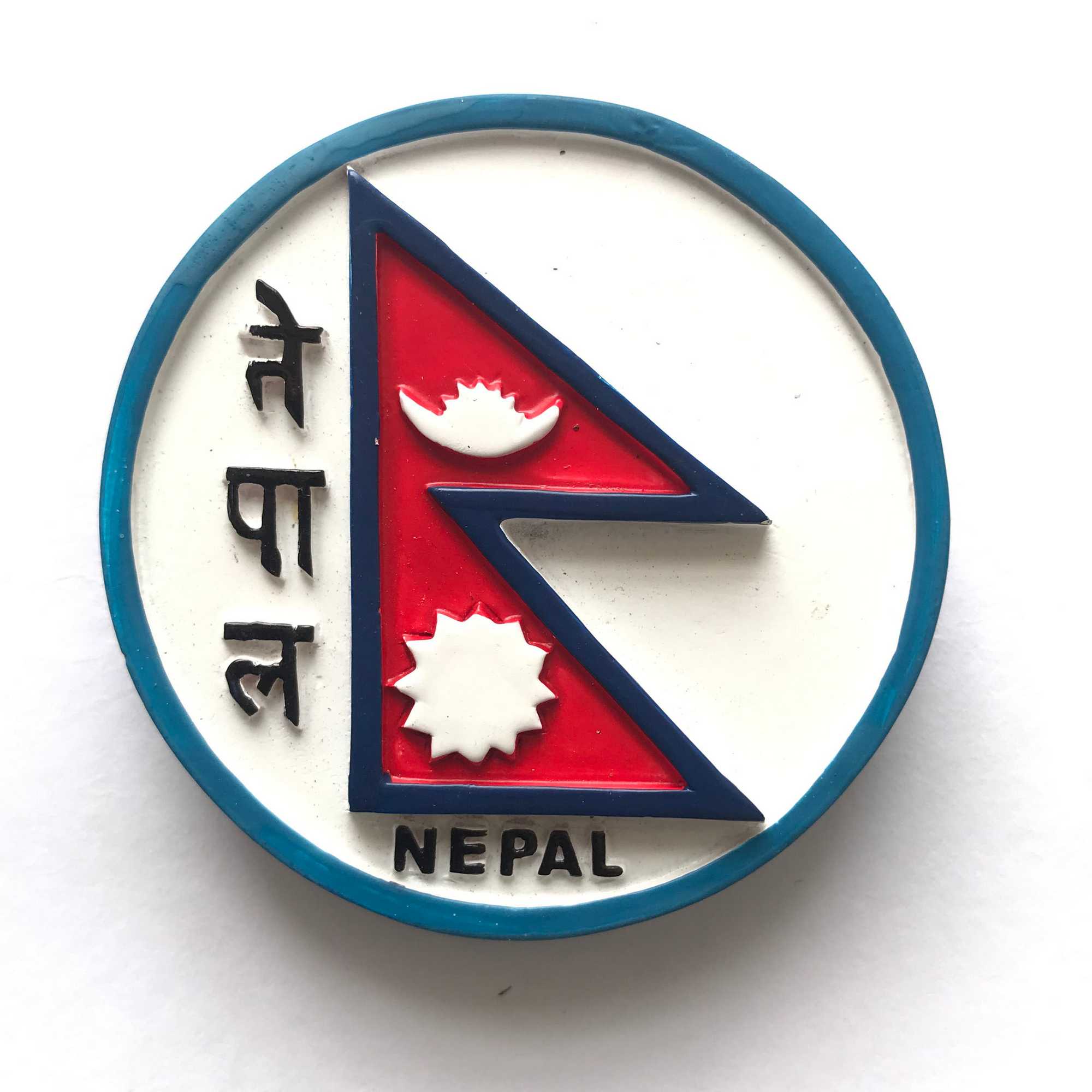 Nepali Flage: Fridge Magnets 3d Embossed" title="
Nepali Flage: Fridge Magnets 3d Embossed" title="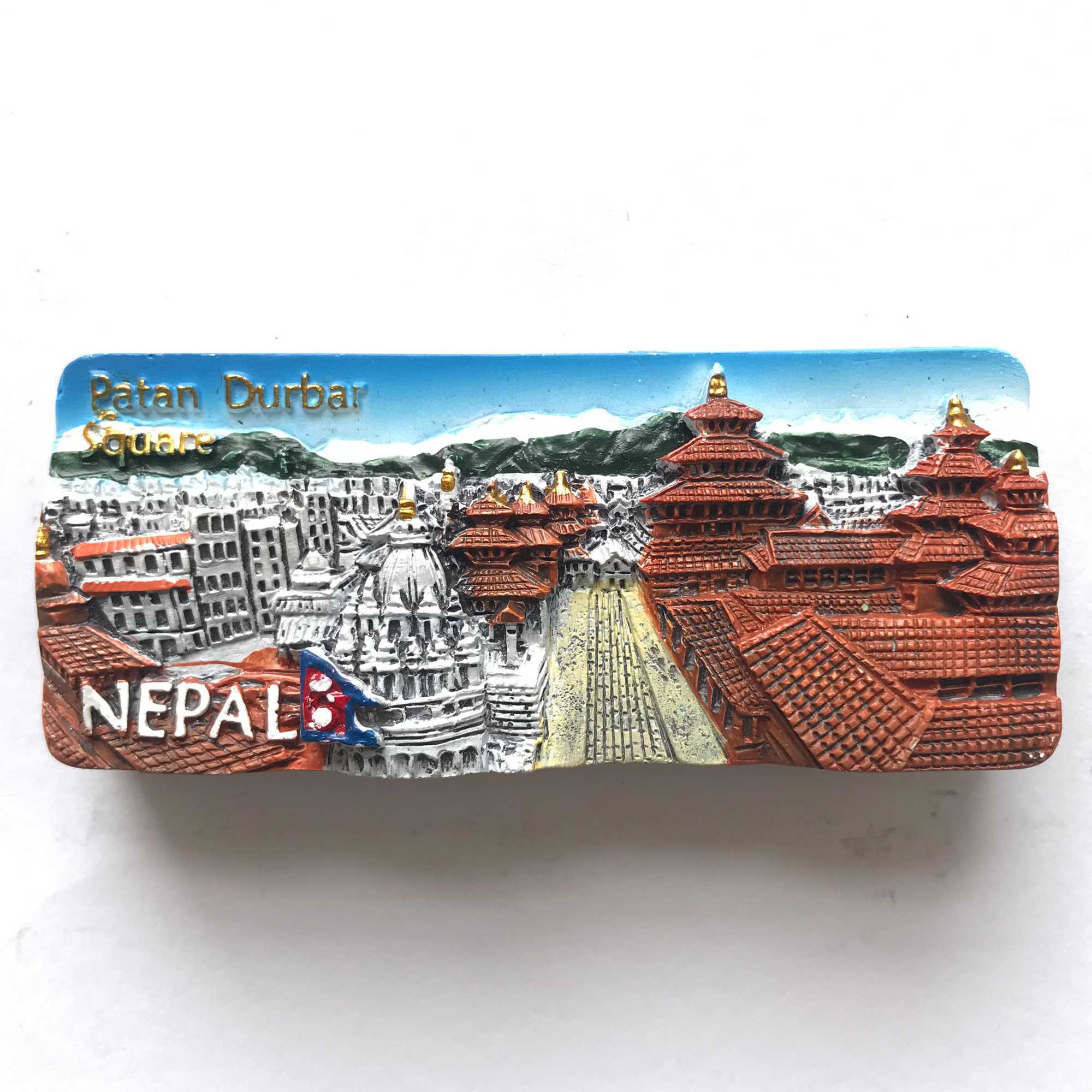 Patan Durbar Square: Fridge Magnets 3d Embossed" title="
Patan Durbar Square: Fridge Magnets 3d Embossed" title=" Buddha Eye: Fridge Magnets 3d Embossed" title="
Buddha Eye: Fridge Magnets 3d Embossed" title=" Annapurna Range: Fridge Magnets 3d Embossed" title="
Annapurna Range: Fridge Magnets 3d Embossed" title="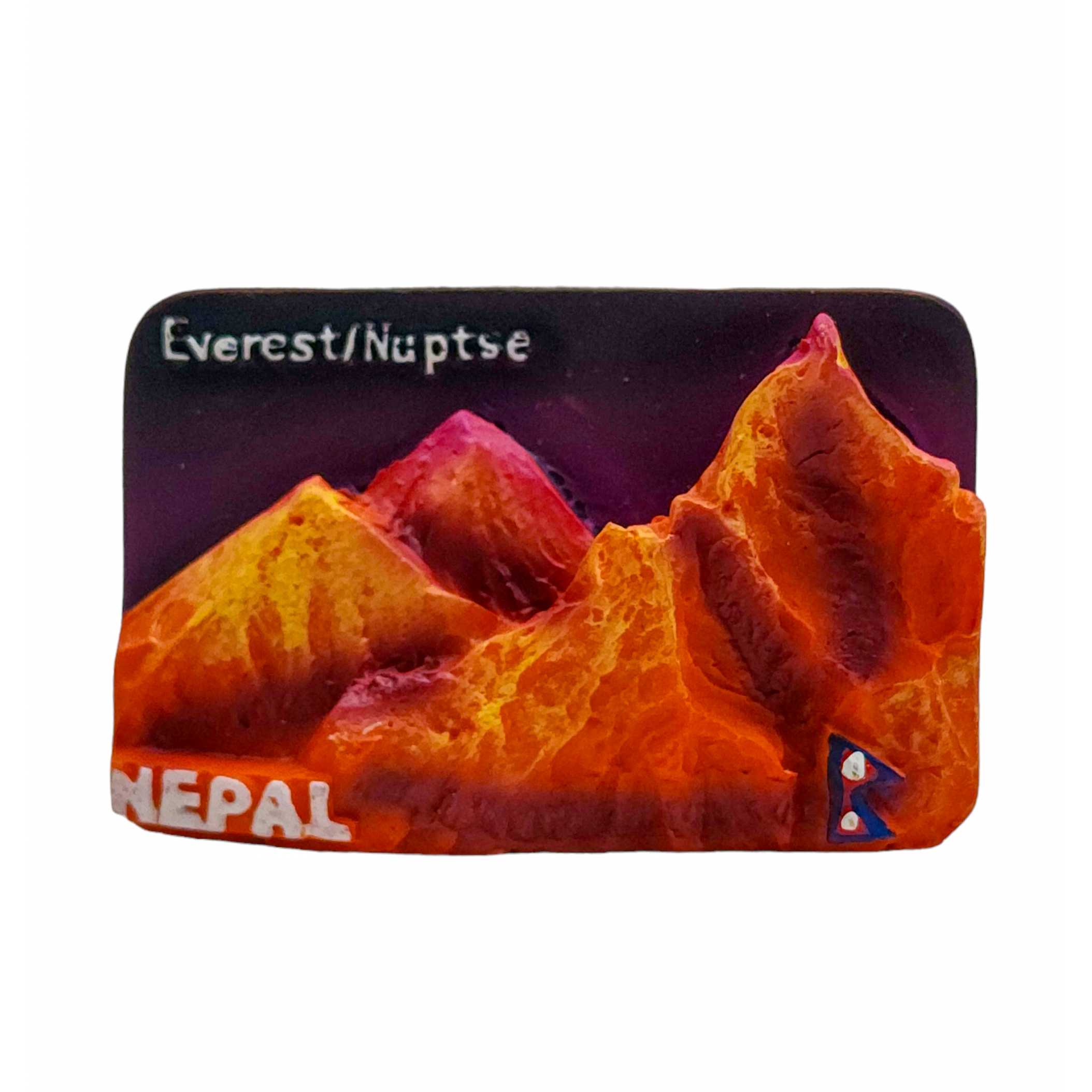 Mt. Everest, Fridge Magnets 3d Embossed" title="
Mt. Everest, Fridge Magnets 3d Embossed" title="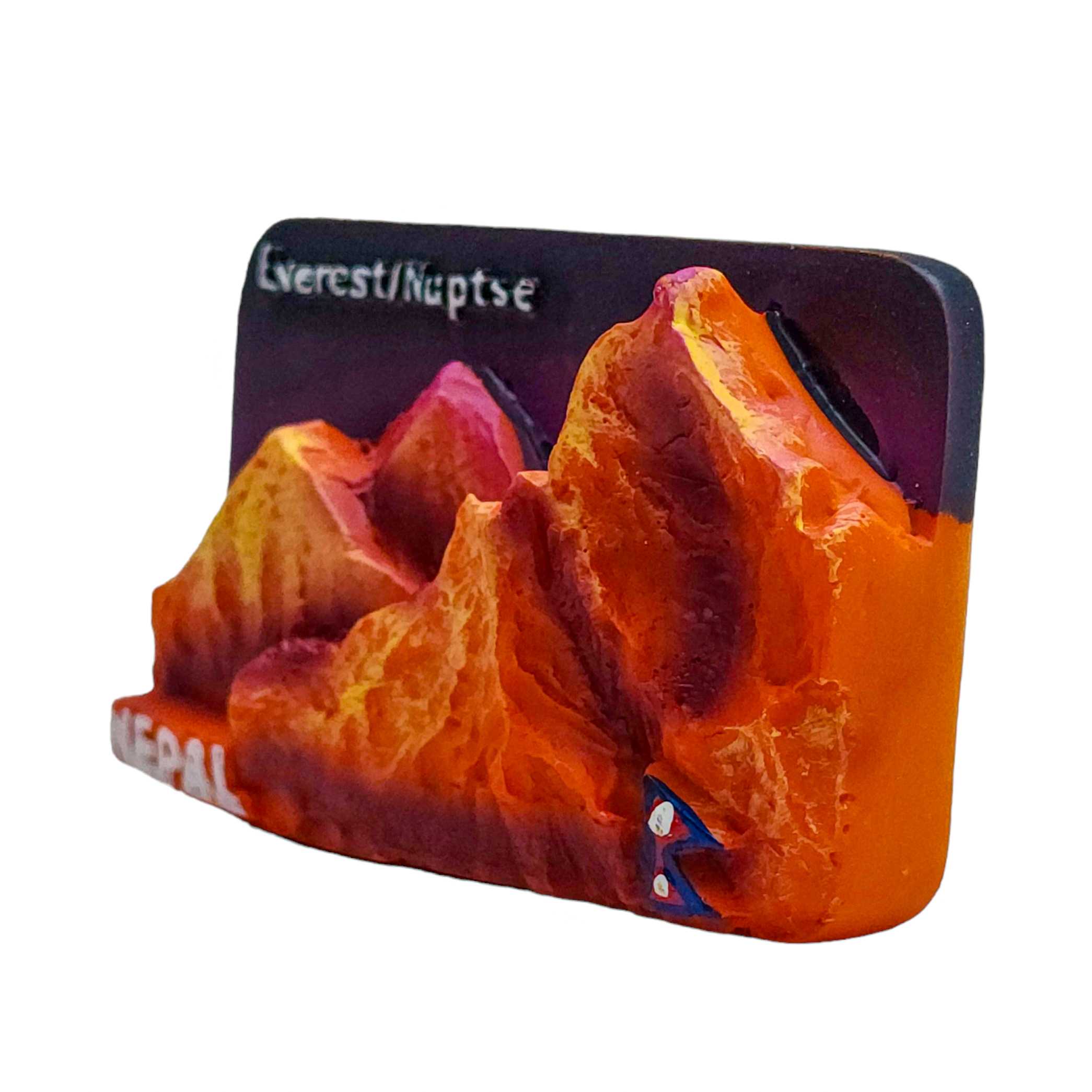 Mt. Everest, Fridge Magnets 3d Embossed" title="
Mt. Everest, Fridge Magnets 3d Embossed" title=" Kathmandu Durbar Square: Fridge Magnets 3d Embossed" title="
Kathmandu Durbar Square: Fridge Magnets 3d Embossed" title="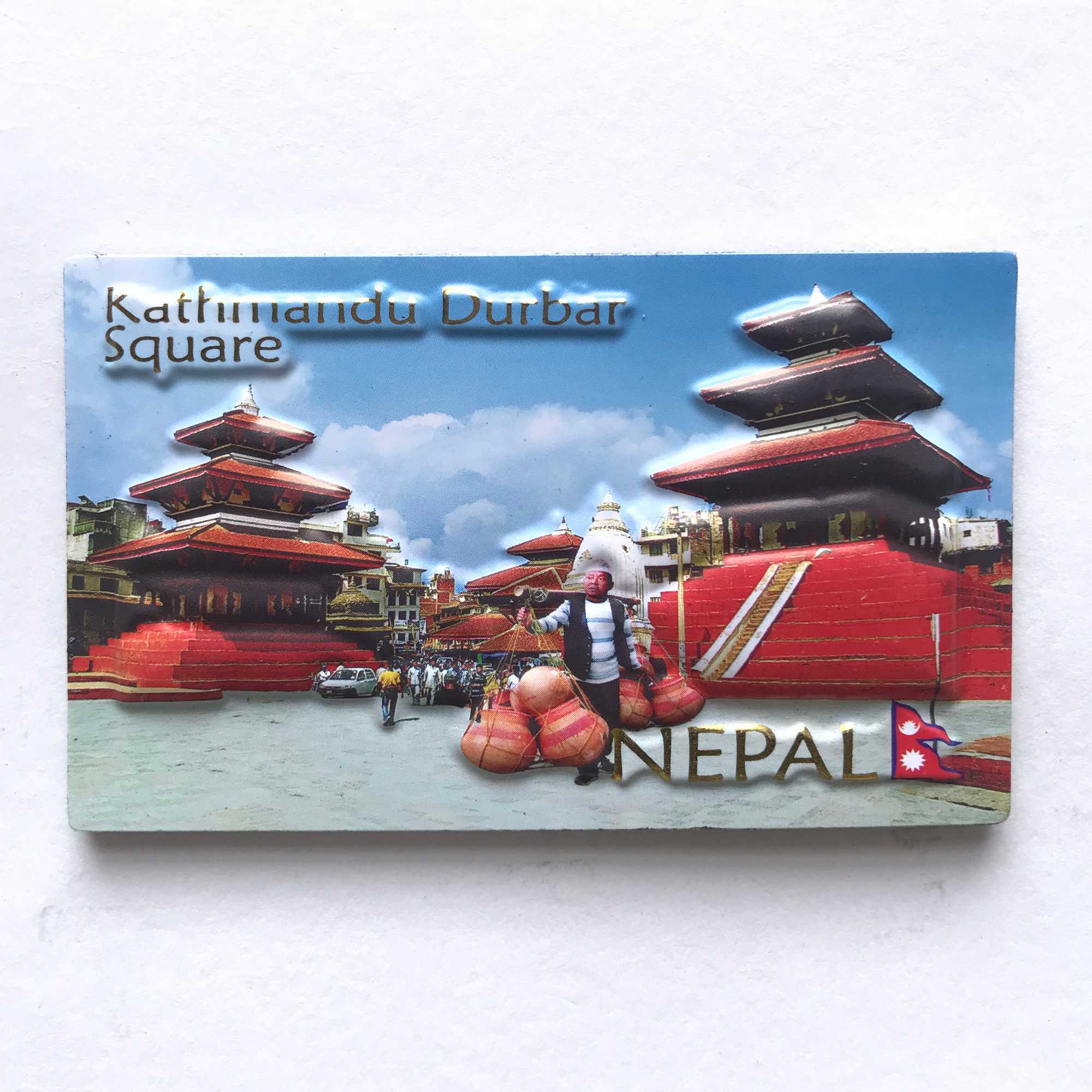 Kathmandu Durbar Square: Fridge Magnets 3d Embossed" title="
Kathmandu Durbar Square: Fridge Magnets 3d Embossed" title="